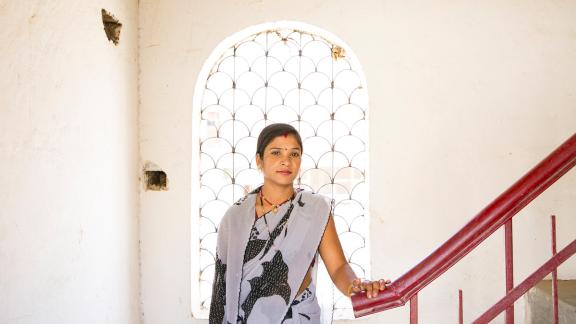Safe abortion services are a crucial aspect of healthcare. Estimates suggest that approximately 1 in 4 pregnancies worldwide will end in abortion. But what constitutes quality abortion care for the people that access these services?
In order to find out women’s priorities in abortion care, IPPF in partnership with Ibis Reproductive Health interviewed 45 women in Kenya and India. These women identified important characteristics of what they perceived as the highest quality care. Here are the 6 most commonly identified characteristics:
1. Being attended to by kind and polite clinic staff
“He made me feel really comfortable… That is in fact what I liked about him… He just told me this is going to be a quick thing. Don’t fear, you are going to be safe.”
People accessing abortion services prioritize being treated with respect, politeness and kindness. Positive interactions with clinic staff are highly valued as abortion remains stigmatized in many communities. The interviewed women said they wanted clinic staff to be “encouraging”, “supportive”, “concerned” and “reassuring”. They also mentioned the importance of a warm welcome when they first arrived at the clinic.
2. Receiving an effective and safe procedure
“The most important [aspect] is this one on the doctor, the way he attends you, because when he gives you a drug, he gives you the right one, and he offers you the right service.”
Women highly value the importance of the efficacy and safety of the procedure as well as the competence of the provider. Many women interviewed also mentioned the importance of accessing quality medication. Women defined a “successful abortion” as one that brings no complications, maintains a woman’s fertility, and doesn’t lead to death.
3. Receiving accurate and clear information
“They must make the patient aware of what will happen after taking the tablet and when to call back and ask for help, if there is heavy bleeding then what to do.”
People accessing abortion services want to have a clear understanding of what to expect during the procedure. Most of the interviewed women had little or no knowledge about abortion services prior to seeking care so it was important to them to receive clear and accurate information about all aspects of the procedure, including on pre and post-abortion care.
4. Accessing supportive and non-judgmental counselling
“When someone just gives you a platform to speak, that one sounds better. I can call that quality.”
Women also valued receiving good counselling when they access abortion care. The women interviewed in Kenya particularly valued being listened to, supported during the decision-making process and to be able to share their concerns with the healthcare providers.
5. Being offered follow up services
“I got the service beyond my expectations. After giving me that service, they called me here again for a check-up [about] whether I have any problem[s] or not.” (India)
Women emphasized that follow-up services are a crucial aspect of quality care. Follow up services are perceived as an indicator that providers care about a woman's health after the abortion procedure. It was considered a useful way to receive detailed information about after-care and to discuss any questions or concerns.
6. Maintaining confidentiality and privacy
“I would like [it] to be that I share [my experience] with the health provider I will find in the room. I don’t want that information to be leaked out of that room. So confidentiality is very key.”
Privacy is a key consideration for women when seeking abortion services. One woman in Kenya defined a respectful abortion as one that guaranteed confidentiality. Privacy and confidentiality are particularly important as women fear facing abortion stigma from their communities.
Blog by Eliana Vaz Martins & Rebecca Wilkins
when
Subject
Abortion Care








